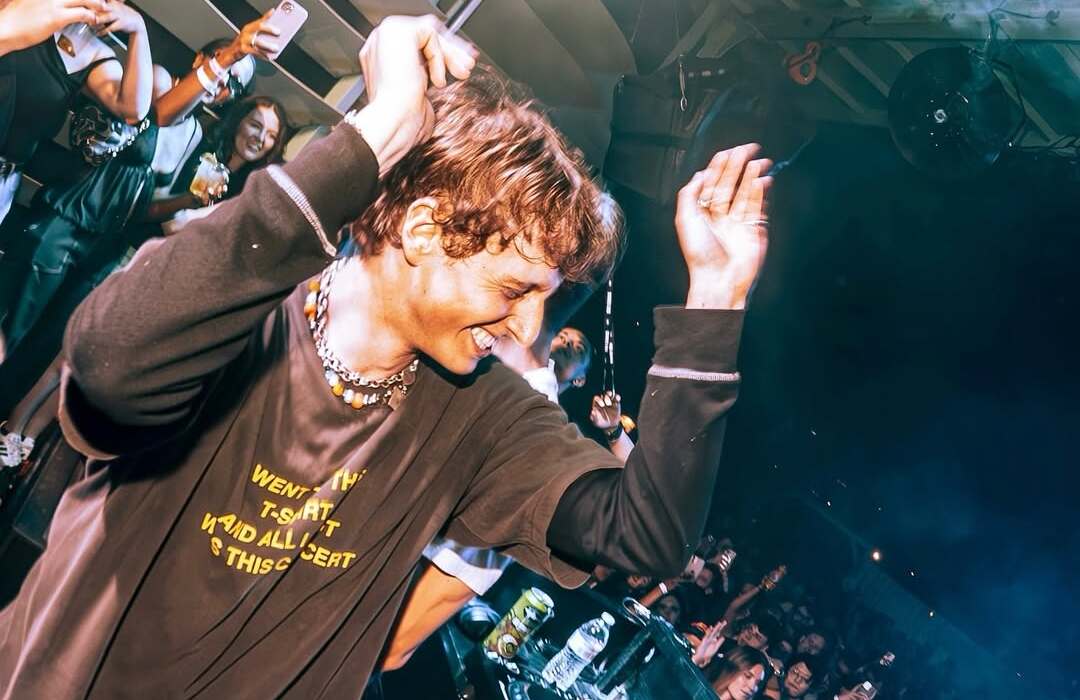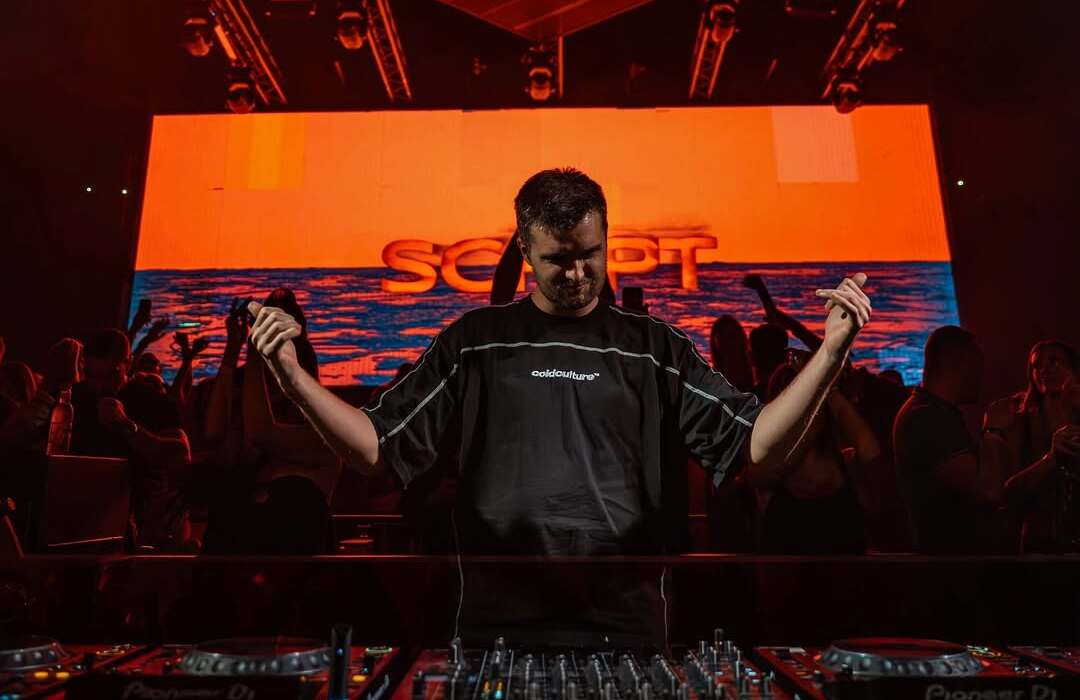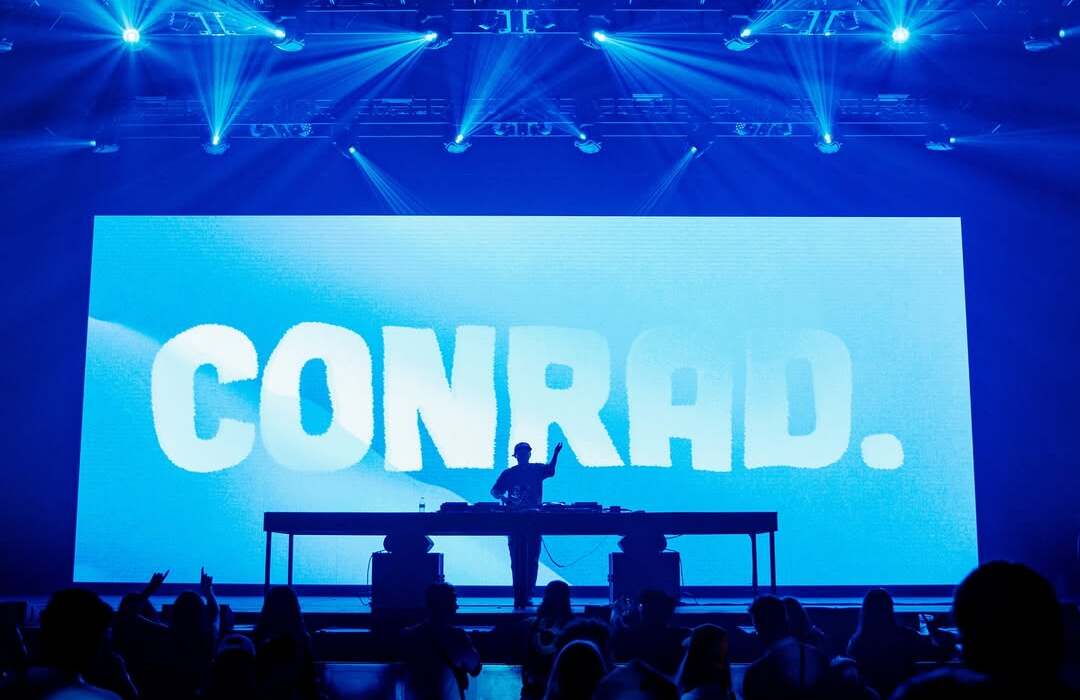WARNING: The following contains spoilers for Chapter 65 of Boruto: Naruto Next Generations, “Karma Power,” by Masashi Kishimoto, Mikio Ikemoto, Mari Morimoto and Snir Aharon, now available in English from Viz Media.
In Chapter 65 of the Boruto manga, Momoshiki has made his biggest play yet, taking over Boruto's body to go after Kawaki and Code. It's part of the alien's plan to attain the God Tree's chakra fruit and transcend, proving to Naruto's son he was nothing more than a pawn all along. However, as their antagonistic journey continues to play out, it proves the Star Wars' sequel trilogy had an easy fix for its biggest mistake.
This has to do with Kylo Ren oscillating between good and evil, forsaking his Ben Solo identity and giving in to the Dark Side even though he was mentored by Luke Skywalker. Now, in both Boruto and Star Wars, evil forces are trying to corrupt young men with daddy issues, seeking out vulnerability points -- but in Kylo's case, it felt rushed and inorganic.
The first detail to dissect is the point of poisoning, which had Momoshiki infecting Boruto with a Karma mark the moment he, Naruto and Sasuke beat the alien. It would allow him to manifest as a ghost, haunting Boruto in his mind and coursing evil through his veins. This is how Palpatine should have appeared to Kylo Ren, making it clear he was back the moment the kid became Force-sensitive. The fact that the Emperor's return came in a Fortnite message the rebels discovered was weak, not to mention how underwhelming it was when The Rise of Skywalker revealed he was using Snoke as an intermediary.
That clone drama wasn't needed at all -- The Force Awakens should have had a Force ghost of Palpatine haunting Kylo from the start, with Ben using the Jedi as a means to stave off infection. Marvel's solo title with Ben/Kylo briefly touched on this, later revealing Snoke haunted Ben the same way Momoshiki did in Boruto -- but again, had this been Palpatine on screen from the start, it would have made his eventual return feel well-earned.
Instead, Palpatine returning without being mentioned in the first two films was forced shock value, proving the series didn't know how to balance nostalgia with progression. Momoshiki's constant presence in Boruto, however, has toed the line between the past and evolution -- he was now looking to use Boruto rather than kill him, creating a valid reason for their dynamic. But with Palpatine and Kylo, it's just not believable how the ex-Jedi became conflicted and turned into the Emperor's apprentice, as the corruption felt so thin. Had Palpatine been with him since he was a teen, like Momoshiki with Boruto, it would have made Kylo bending the knee more palpable and created true surprise when he flipped on the boss later on.
This 'partnership' would have succeeded in truly working the Dark Side in, leaving Ben questioning his purpose outside of just hating his father Han. After all, Boruto contemplated using the dark power to protect Konoha, akin to a Sith, which allowed Momoshiki more space to roam. In fact, Boruto even tried to slow the possession with drugs, as he knew the lingering darkness within would unleash a different kind of beast that could harm his loved ones. Kylo should have gone through this experience too, which would have made him wrestling with the idea of killing his mother Leia understandable. All while crafting a much more nuanced journey than just giving into various leaders, be it Snoke or Palpatine.
Spending time with his demon, as Boruto did, would have allowed Kylo more time to dissect his moral compass. Boruto kept remembering Naruto; had Star Wars viewers seen Kylo remembering Han and Luke, and the Jedi Order on the whole, he would've had a proper excuse for partnering with Rey and accepting the Light again.
As it stands, he ultimately redeemed himself because he loved Rey, less so for the sake of saving the galaxy. This ultimately made Kylo much more selfish, reactive and superficial than he should have been as opposed to Boruto, who has had a more emotional, connective journey in exorcising his monster.
About The Author

